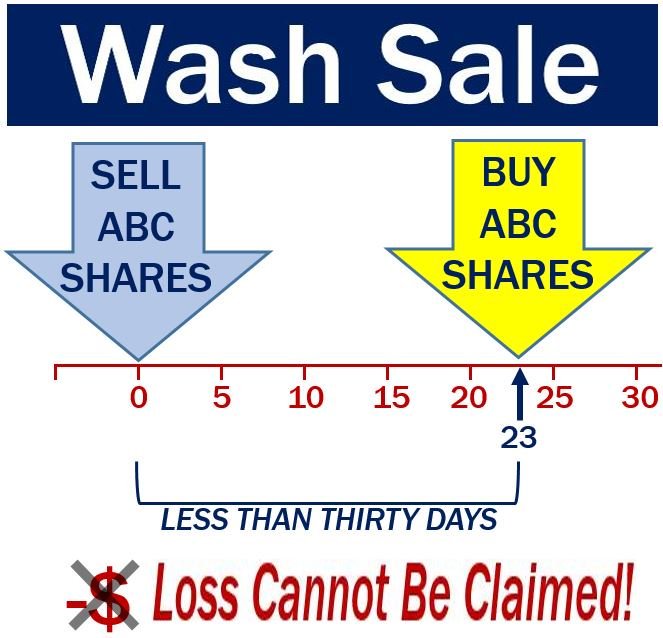It’s year end 2018, and this is my last posting for calendar 2018. If you have invested in the stock market during the past year, there is a high likelihood that you have positions that are losing money. If so, perhaps you are thinking of selling those positions, or maybe you already have sold those losing positions, during the last few days of 2018 so that your loss can offset gains that you may have earned on the remainder of your portfolio. It’s fine and even a good idea to sell loser positions, but you have to remember one thing: If you buy back your loser security within 30 days of selling it, any loss you take will be disallowed by the IRS. This includes selling losers at the end of one tax year and buying the position back right after the new year. Can’t do it!

Bed and Breakfasting
In the extreme case, you sell your position in the last minutes of December 31 trading and buy the same position back when the bell rings on January 2. This is called “Bed and Breakfasting” especially in the UK because you are only out for such a short period.
Wash Sale
In the US, it is called a Wash Sale when you buy a substantially alike security within 30 days of selling at a loss. This could mean selling the S&P 500 Index ETF (the SPY) at a loss and then turn around and buy the Vanguard S&P 500 ETF (the VOO) within 30 days. Not exactly the same but substantially so. This is a Wash Sale and any loss on the sale of the SPY would be disallowed by the IRS. Wait 31 days and then buy it back? That’s ok, and your loss on the sale would be allowed.
IMO
The IRS reports that they are so understaffed that they are substantially reducing the number of audits they conduct. In related news, capital punishment has become less and less frequent. Nevertheless, the same logic should apply: Just because bad stuff is less likely to happen to you doesn’t mean you should be more







